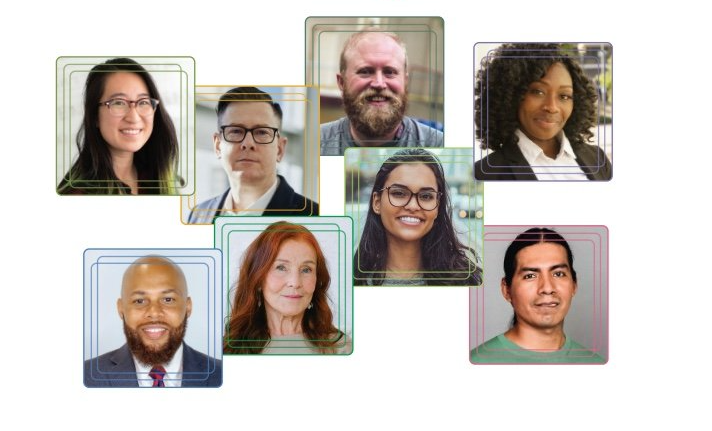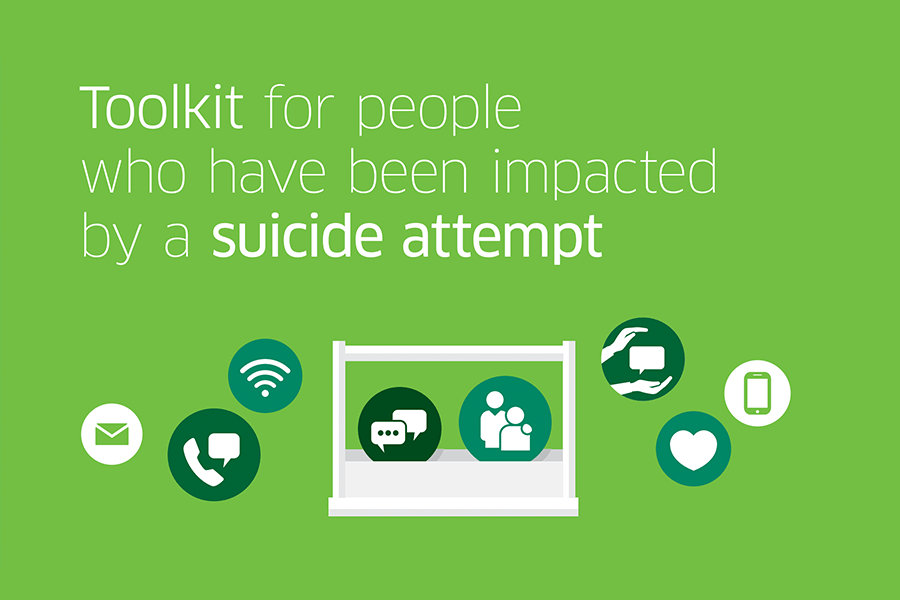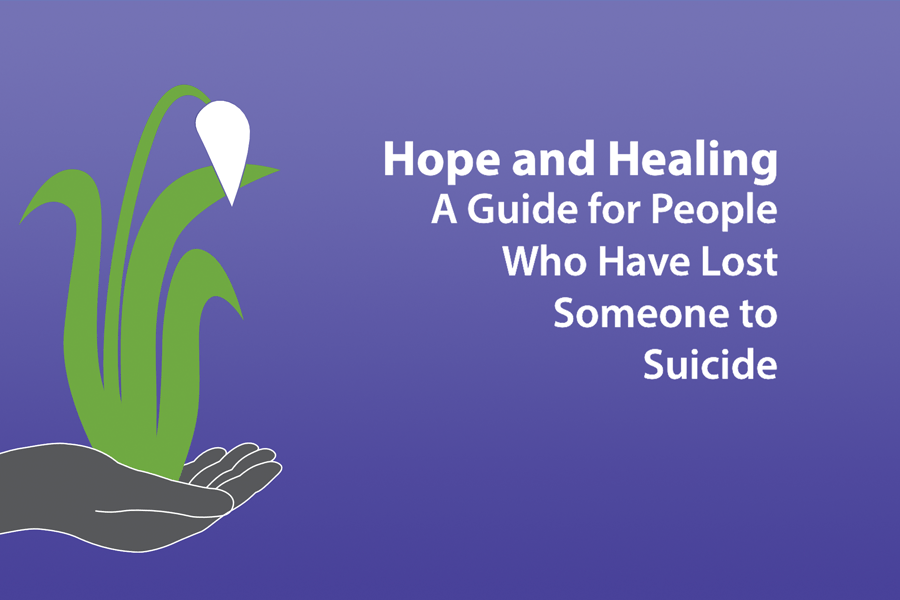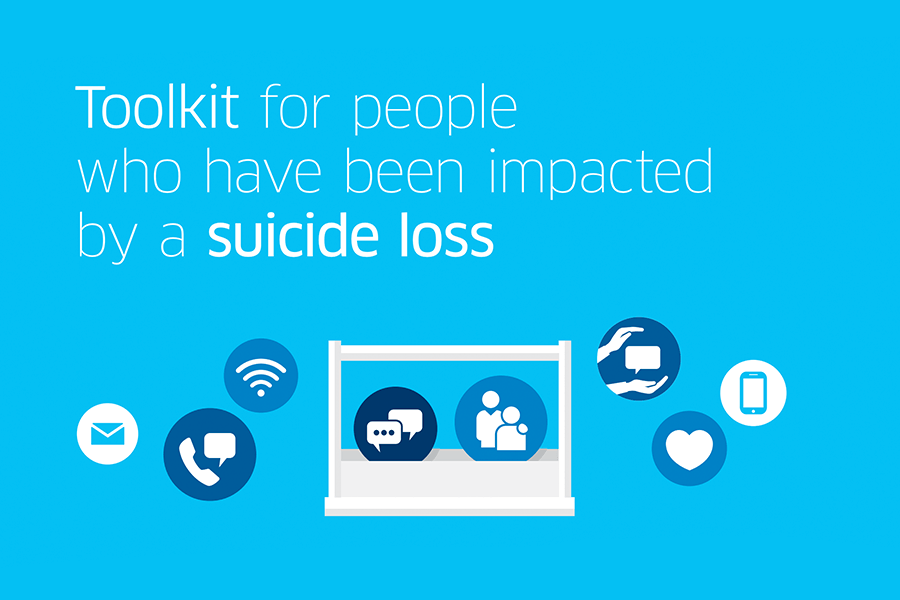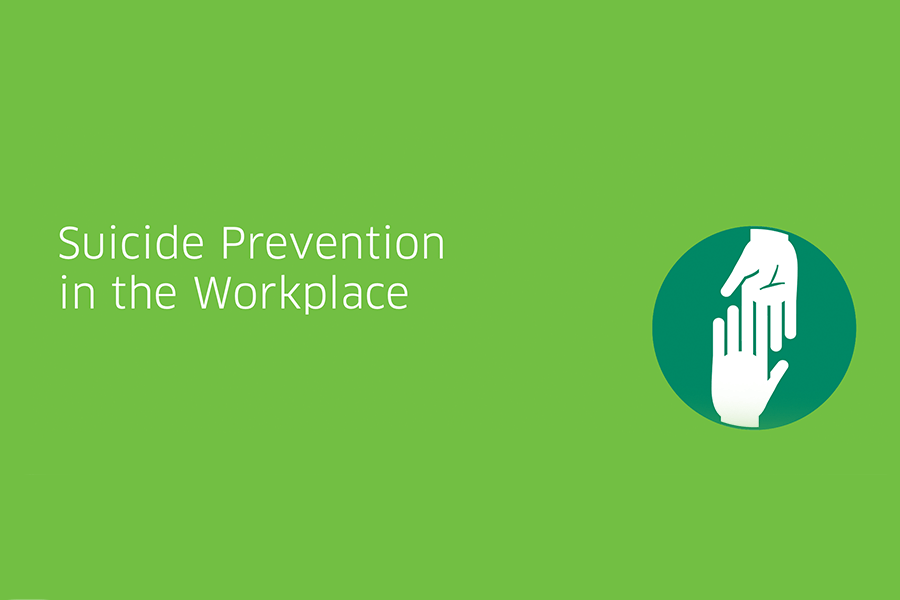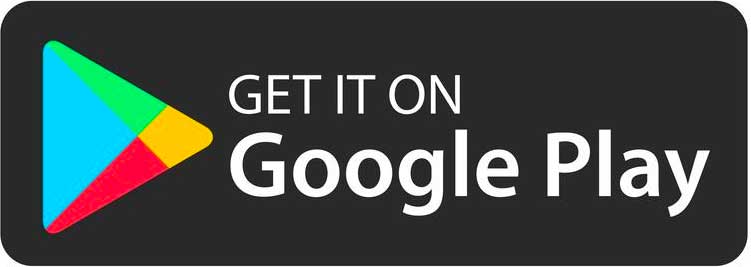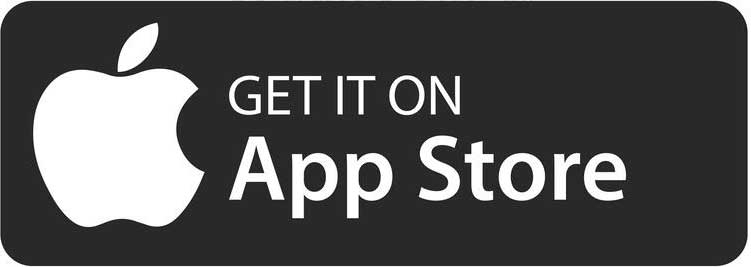Addiction & Substance Use
Addiction is a complex disease, and quitting usually takes more than good intentions or a strong will.
Many people don’t understand why or how other people become addicted to a substance.
They may mistakenly think those who misuse substances lack moral principles or willpower and that they could stop their substance use simply by choosing to. In reality, addiction is a complex disease, and quitting usually takes more than good intentions or a strong will.
Substances change the brain in ways that make quitting difficult, even for those who want to. We are learning more about how substances affect the brain and treatments are available to help people living with a substance use disorder to recover and lead productive lives. Knowledge is power. We can all learn the facts about substance-use disorders, understand the complexities of the disease and the impact on a person’s well-being.
Stages of Drug Use
Experimental Use
When a person tries substances for the first few times. They maybe curious, want to fit in or believe that nothing bad will happen.
Social or Recreational Use
The person seeks out and uses a substance to enhance a social occasion. Use is irregular, infrequent and usually occurs with others.
Regular Use
Means substance use has become part of the person’s life. They may not give it much thought before they use and they may find it difficult or not want to engage in certain activities without using substances. The person may begin to develop tolerance or dependence on the substance during this stage. Regular use as a child or youth could lead to substance use problems later in life. It is important to point out that a sip of wine with a parent or caregiver on New Year’s Eve or some other special occasion is not considered “regular use”.
Problematic Use
Means the use of substances is having negative consequences on the person’s daily life and may begin to affect their health. The person may think about getting or using drugs a lot of the time and using as much as possible. They may develop tolerance and dependence on the substances and experience withdrawal if they stop using (this depends on the substance(s) being used.
Addiction FAQ
Drug addiction is a chronic disease characterized by drug seeking and use that is compulsive or difficult to control, despite harmful consequences.
Brain changes that occur over time with substance misuse challenge an addicted person’s self-control and interfere with their ability to resist intense urges to take drugs. This is why drug addiction is also a relapsing disease. Relapse is the return to drug use after an attempt to stop. Relapse indicates the need for more or different treatment.
Most drugs and addictive substances affect the brain’s reward circuit by flooding it with the chemical messenger dopamine. Surges of dopamine in the reward circuit cause the reinforcement of pleasurable but unhealthy activities, leading people to repeat the behavior again and again.
Over time, the brain adjusts to the excess dopamine, which reduces the high the person feels compared to the high they felt when first taking the drug—an effect known as tolerance. They might take more of the drug, trying to achieve the same dopamine high.
No single factor can predict whether a person will become addicted to or will develop an addiction to a substance. A combination of genetic, environmental, and developmental factors influences risk for addiction. The more risk factors a person has, the greater the chance that taking drugs can lead to addiction.
Addictions Resources

Helpful Apps

Breathr: Mindful Moments
FREE
An app to help introduce the concept of mindfulness and create an easy access point for those who are new to this practice. Try out a variety of mindfulness practices, while also teaching them interesting facts about the brain science behind these practices.

Headspace: Meditation & Sleep
$$
Meditate and sleep soundly. Headspace is your guide to practicing mindfulness in your everyday life. Learn how to relax, manage stress, and focus your energy to become more centered and well rested. Create a calm and positive environment with Headspace.

